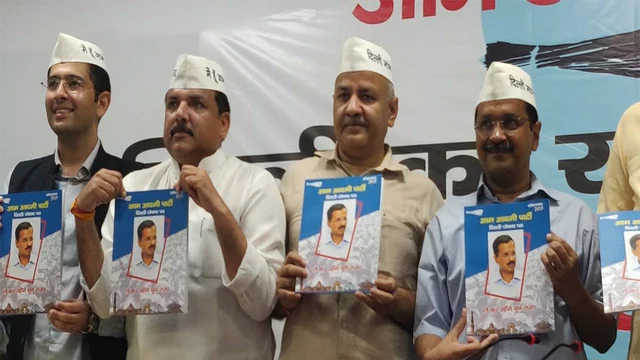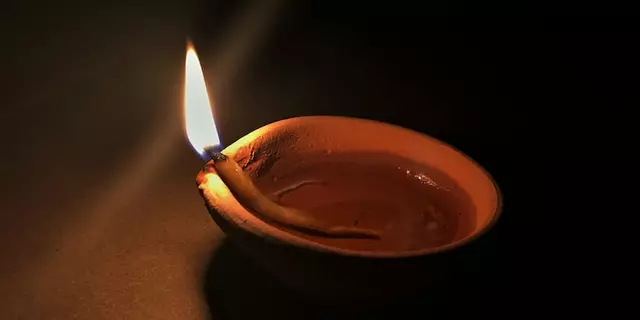BY : Arvind Kulkarni
0 Comments
Examining the Reasons Behind Prejudice Against Indian Americans: A Look at the Cultural Divide
The relationship between Indians and Indian Americans (or ABCDs) has been a contentious one for many years. While they share a common heritage, many Indians resent the cultural differences between the two groups. As a result, some Indians feel that Indian Americans are “not really Indian” and have come to view them with suspicion and even hatred.So, why do some Indians hate Indian Americans? There are a number of reasons, but they all stem from the cultural divide between the two groups.
First, Indian Americans tend to be more assimilated into American culture than their Indian counterparts. This can be seen in everything from the way they dress and talk, to the values that they hold. The differences in lifestyle and values are often seen as a betrayal of Indian culture by some Indians, who view Indian Americans as being too “westernized”.
Second, Indian Americans are often seen as being more privileged than Indians in India. This is because many Indian Americans have access to better education, better job opportunities, and higher incomes than Indians in India. This can be seen as an affront to those who are struggling in India, as it implies that Indian Americans have “made it” while they have not.
Finally, Indian Americans are often seen as “selling out” their culture and heritage in favor of a more “western” lifestyle. This can be seen in the way some Indian Americans dress and speak, as well as in their attitudes and values. To some Indians, this is seen as a betrayal of their culture and can lead to feelings of resentment and even hatred.
It is important to recognize that the cultural divide between Indians and Indian Americans is real and can lead to prejudice and hatred. However, it is also important to remember that this divide can be bridged. By understanding and respecting each other’s differences, we can create a more tolerant and accepting society.
Understanding the Impact of Prejudice Against Indian Americans: Uncovering the Negative Effects of Discrimination
The dislike of Indian Americans, often referred to as ABCDs (American-born Confused Desis), has become a hot topic of discussion in recent years. The term “ABCD” is often used to describe people of Indian descent born and raised in the United States, and it carries with it a certain degree of prejudice and discrimination.The prejudice against Indian Americans is rooted in the idea that these individuals are seen as “less-than” their Indian counterparts, either because of their foreign-sounding accents or because of their inability to speak the language fluently. This prejudice can manifest itself in many ways, from being passed over for promotions to being subjected to offensive jokes or comments.
The negative effects of discrimination and prejudice against Indian Americans are far-reaching. For example, studies have shown that Indian Americans are more likely to be underemployed or unemployed and are less likely to receive job offers than non-Indian Americans. Additionally, Indian Americans are more likely to experience higher levels of workplace discrimination, such as being passed over for promotions or being subject to unfair criticism or scrutiny.
Moreover, the effects of discrimination and prejudice can extend beyond the workplace. Indian Americans are more likely to be victims of hate crimes, and they may also suffer from mental health issues due to the stress of dealing with discrimination.
It is important to understand the implications of prejudice and discrimination against Indian Americans and to take steps to address this issue. Education and understanding are key to breaking down the barriers that lead to prejudice and discrimination, and it is up to all of us to ensure that everyone is treated with respect and dignity.




